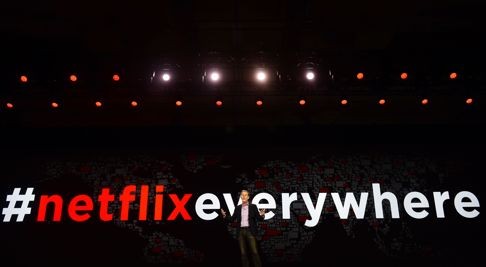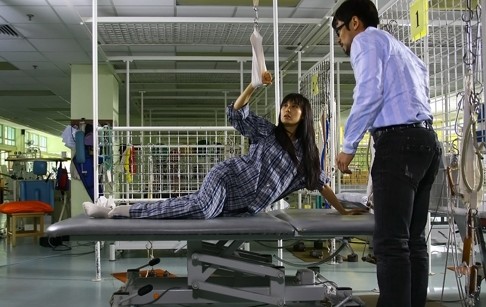Netflix: great for Hong Kong viewers, not so good for home-grown talent
Kelly Yang says the influx of streaming content from overseas is in full flow, and our local film and television industry needs to think more globally if there is to be any future for Hong Kong culture

Like many Hongkongers, I was very happy to hear of Netflix’s entrance to the Hong Kong market. No other developed city in the world is more starved of quality original content (read: television shows whose plot lines are not predictable to an eight-year-old child).
Whenever I tell friends abroad that I only have four television channels, they look at me like I’ve suffered some horrible accident. And, if you think about it, not having good TV in this day and age is a type of suffering.
READ MORE: Netflix is a challenge for Hong Kong’s broadcasters and regulators
That’s because good television doesn’t just help shape culture, it’s a basic prerequisite for culture. When a show touches a nerve, it has the power to bring people together and effect change in a way that few other mediums can.

Then, along comes Netflix with its influx of shows from abroad; finally, we Hongkongers will get to experience what it feels like to be swept up in a global hit TV show – the excitement, the anticipation of what’s going to happen, the fun premiere parties at home.
But not so fast. Let’s go back to the word “global” for a second. Netflix does indeed offer a wide array of shows and arguably any one of the shows is better than what’s currently on TV; however, few, if any, of the shows are made in Hong Kong.
